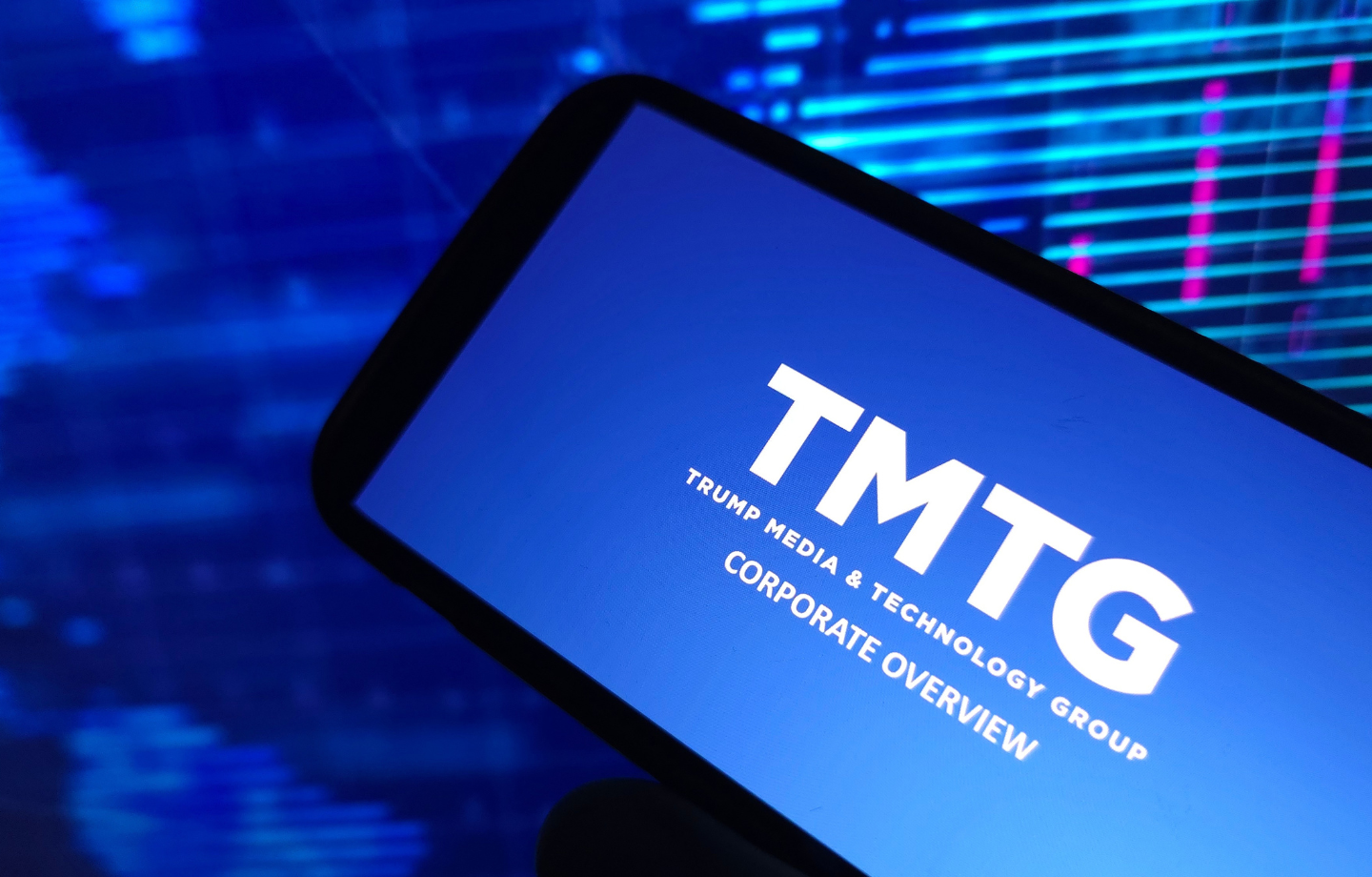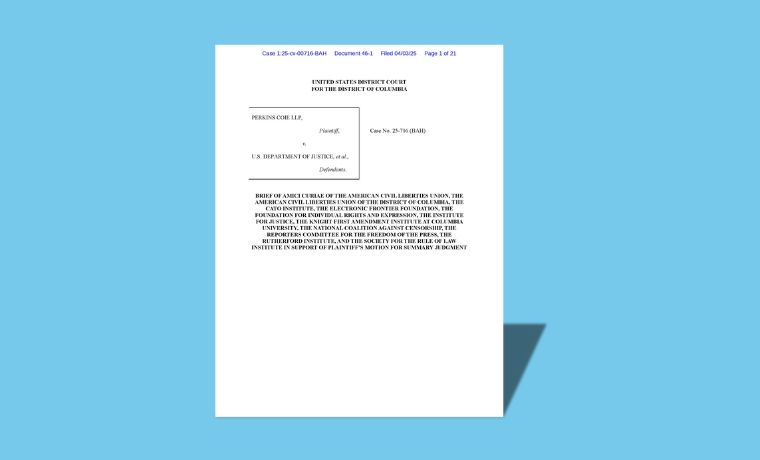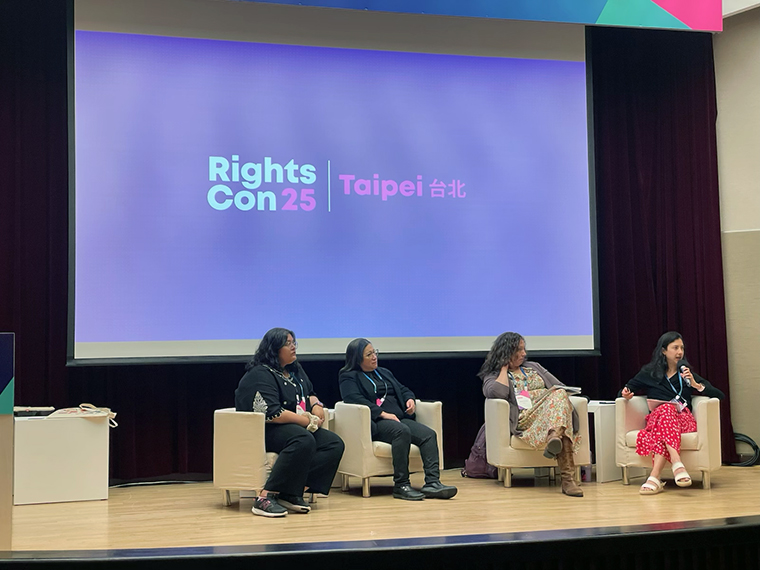Making the Business Case for Human Rights

March 3, 2015
At Davos this past January, Edelman presented its annual survey on public attitudes towards multinational businesses and other key 21st century global actors. Their findings offered little solace to business leaders. For the first time since undertaking this survey, Edelman found public trust eroding across the board, including in the internet and communication industry, long the leader in Edelman’s trust survey.
Facing this highly skeptical public mood, companies in a wide range of industries are wrestling with the question of how to best address environmental and social challenges in their core business operations. Confronting unrelenting short-term investor pressures, the default position for many CEOs is to stay strictly focused on the bottom line. Many CEOs seek to avoid tackling any issue like human rights, which involves confronting risk and the prospect of added costs.
But a growing number of forward-thinking business leaders are forging a better path. Leaders like Unilever’s Paul Polman, Intel’s Brian Krzanich and Karl-Johan Persson of H&M are making the business case for human rights as an element of long-term, sustainable business practices.

Making the business case for human rights has both negative and positive components. The negative argument focuses on mitigating risk to a business’ brand reputation. In an increasingly networked world, every global company is living in a fishbowl and susceptible to being blind-sided by allegations of wrongdoing. Images of bad labor practices or accounts of poisoned community relations or breaches of consumer privacy increasingly are delivered via social media and cell phone video. Combating this kind of blow to a company’s reputation is expensive and time consuming, especially for companies that have failed to establish systems and procedures for addressing human rights challenges.
There also is a compelling affirmative case for adopting and implementing serious human rights strategies in a business. The adoption of such practices can help enhance product quality and encourage worker retention, especially in manufacturing or agriculture. And companies known for a commitment to sustainability, including human rights, often have an advantage in recruiting the best people, who increasingly are looking for opportunities to do well and do good.
But perhaps more importantly, there is a strong argument for companies operating in the same sector to adopt and implement common standards for human rights performance. As in other areas, like product safety and environmental protection, companies benefit when they are measured against their competitors according to an objective standard.
In our experience, companies need to work with outside stakeholders – human rights organizations, universities, investors, and sometimes governments – in order to develop credible, independent human rights standards for their industries. This often is a painstaking process, but one that equips companies to rise to the kinds of human rights challenges that almost are inevitable in a complex, global economy.
The Edelman study underscores the challenge for leading companies to prove their commitment on these issues to consumers, the public, investors, and their own workers. The business case for human rights is about more than protecting a company’s reputation – it’s about improving quality, recruiting top talent, and measuring performance over time.
 Business & Human Rights Leadership
Business & Human Rights Leadership


